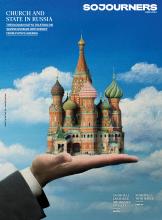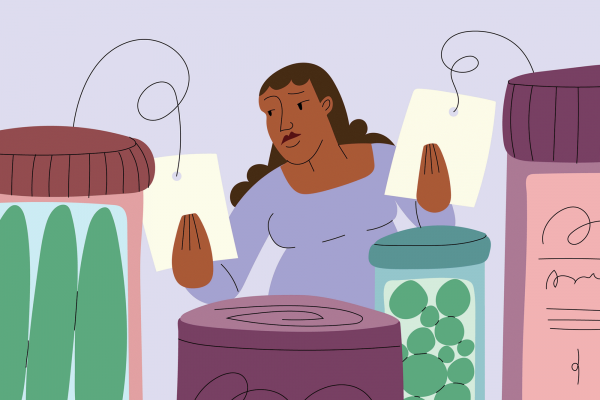EVER SINCE THE release of Bessel van der Kolk’s 2014 best-selling book The Body Keeps the Score, trauma education has proliferated. I have seen training in everything from trauma-informed lawyering to trauma-informed care in emergency rooms. Trauma-informed practices have even started making their way into some correctional facilities and corporate boardrooms. Yet much of the popular writing tends to focus deeply on the more personal elements of trauma, rather than systemic elements, such as poverty.
My colleague Derrick Stroud, who survived 27 years in prison and now is a clinician, once described poverty as the “first trauma” in communities of color. The impact of poverty increases the chances of both low educational attainment among children and placement in foster care; this, combined with the challenges faced by under-resourced schools, can become a pipeline to prison. Neighborhoods impacted by poverty can reinforce traumatic conditions, since residents are more likely to witness or experience violence or be profiled by the police. These ecosystemic conditions impact human bodies and produce negative health outcomes that can have detrimental generational effects — all of which can be traced back to under-resourced systems.
Read the Full Article

